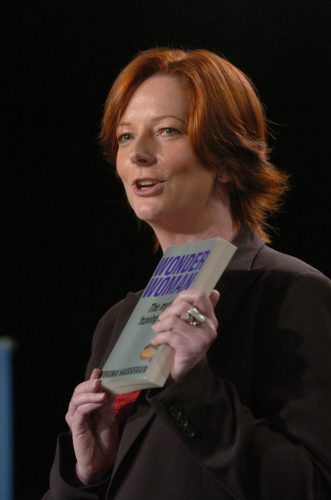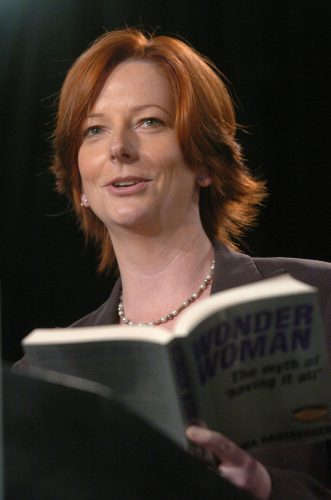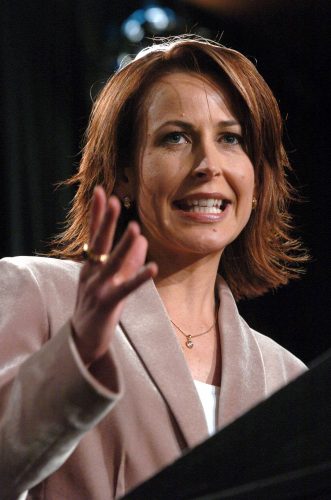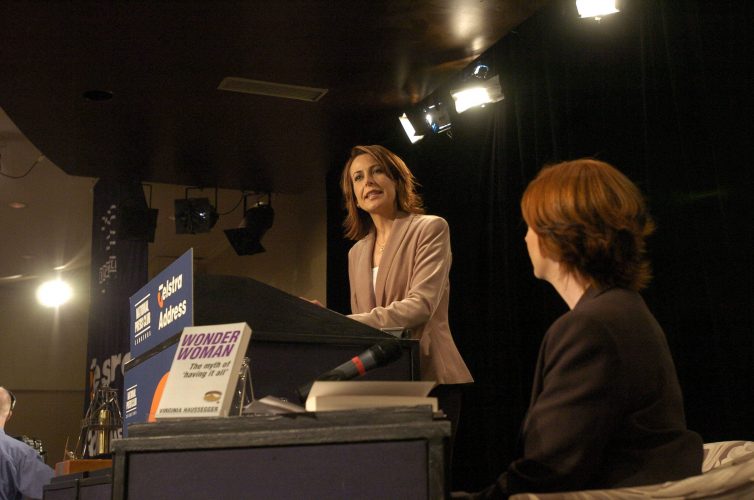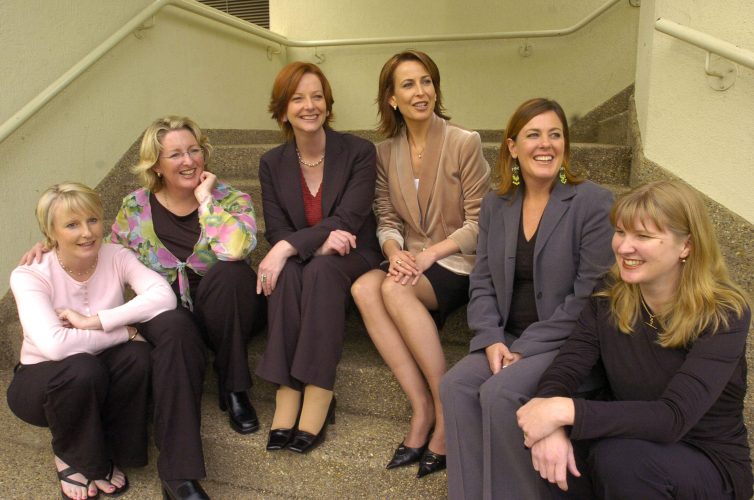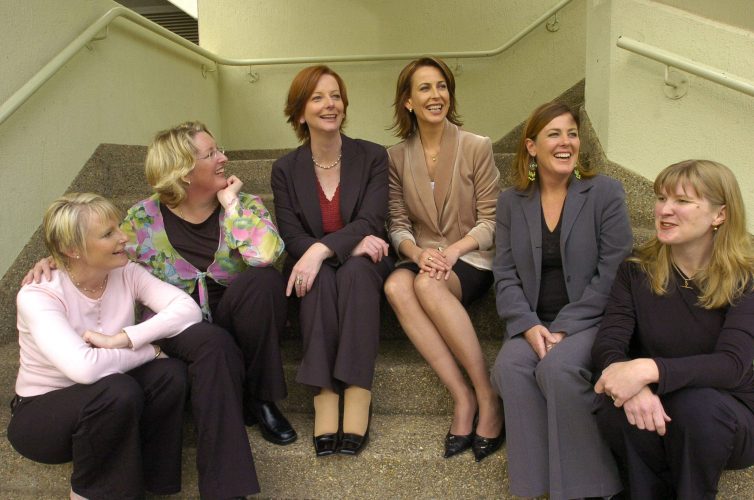For once – and it will only be once – I was relieved to see women fully covered in burqas. With no eyes, no face and no body, they were rendered invisible as people. No longer individuals, they instead looked like a pack of walking blue tents. And that’s just as well.
I abhor the burqa. But in the war against women – being waged by Islamic fundamentalists – it provides a useful armour. It hides a woman’s identity and veils her anger. No wonder more and more women need to wear it.
And no wonder the brave women who took to the streets of Kabul in protest on Wednesday donned the faceless blue burqas to hide beneath. Women who speak out are in increasing danger. In Afghanistan they won’t be tolerated, as that nation’s youngest member of parliament has just found out.
Malalai Joya has been suspended from the Afghanistan parliament, possibly until 2009 when the parliamentary term ends. She may also face court proceedings. Her crime was simply to criticise the parliament and her fellow parliamentarians.
Canberrans will remember Malalai as the diminutive 28-year-old woman who visited here in March, to mark International Women’s Day. As the guest of UNIFEM she addressed more than 800 men and women. Before she took to the stage I was anxious the audience might be disappointed. Malalai was so short, the lectern so big, her voice so soft, her accent strong and her speech rapid. On top of all that, I knew she was feeling sick. After a spellbinding half hour, Malalai concluded with her big dark eyes sweeping the room and a simple, ”so I thank you my friends”. The applause was deafening, people shot to their feet and around me women were wiping away tears.
The courage she has displayed in the face of countless death threats and her home being bombed, is nothing short of extraordinary. Malalai’s message is not one the United States is comfortable with, and to a lesser extent nor is Australia.
While an ardent advocate for women’s rights in her country, Malalai is also a fierce crusader against the drug barons and tribal warlords whom she claims are working hand in hand with the American and NATO forces in Afghanistan, in their collective fight against the Taliban. Malalai has long argued that the US- backed government of Hamid Karzai has allowed many warlords and criminals to win seats in parliament.
The New York-based Human Rights Watch has gone even further. Last year it named various parliamentarians and members of the government’s interior ministry who are implicated in mass murders and human rights abuses that occurred during Afghanistan’s civil war in the 90s. None of those men have ever been held accountable.
Earlier this year, despite Malalai’s vigorous protestations, Afghanistan’s parliament passed a law granting the warlords and those responsible for horrendous acts of abuse immunity from prosecution. So they’re safe. But she’s not.
Malalai persistently speaks out against corruption, demanding a better deal for ordinary Afghans. Not surprisingly she’s become a popular heroine among her country’s poor and powerless, particularly women.
When here in March, she told me that despite the demise of the Taliban regime, ”there has been no fundamental change in Afghanistan for women”. She spoke about the continued suppression of women, insisting the men who now rule her country have no regard for women as anything other than property to be kept indoors.
As for the 68 women who won seats in the Karzai Government, thanks to the Americans insisting on a female quota, Malalai says they are simply ”symbolic”. She refused to be ”symbolic” and insisted too often on speaking out.
Two weeks ago Malalai gave an interview to a journalist in Kabul in which she criticised her parliament for failing the Afghan people. She likened it to a ”stable”, then said, ”A stable or a zoo is better , at least there you have a donkey that carries a load and a cow that provides milk. The parliament is worse.”
Her comments incited outrage among her fellow legislators. The lower house voted to suspend her, it would appear indefinitely. Human Rights Watch has mounted a campaign demanding she be reinstated.
On Wednesday, hundreds of Malalai’s supporters took to the streets around Afghanistan, both men and women. In Kabul about 300 marched, waving large placards and photos of Malalai. The march was led by the blue burqa brigade. Fully-clad and covered, the leader of the group struggled to speak through her burqa into the loud speaker she carried. Despite the muffling affect, she managed to bellow and chant and the marching crowd chanted in unison: ”Down with the fundamentalists, down with criminals in parliament”. The footage shows large bands of police and uniformed soldiers kicking the dirt and looking around uncomfortably as they watch the protesters.
But how do you arrest women you can’t identify? (No doubt any suppressive regime will find a way). Yet the women responsible for organising this week’s protests in support of Malalai would seem to be protected – for now at least – by the veil of the burqa. Ironic really.
Afghanistan’s former Deputy Prime Minister and Minister for Women’s Affairs, Dr Sima Samar, fought against women wearing the burqa. She insisted that women should not be secluded in public and argued against the aspects of Islamic law that oppress women. After venting her frustration to a Canadian journalist in 2003, she was threatened with death and forced to resign. It would appear in Afghanistan not even the Minister for Women can speak out for women. Which can only leave us wondering – what hope is there for Malalai?
